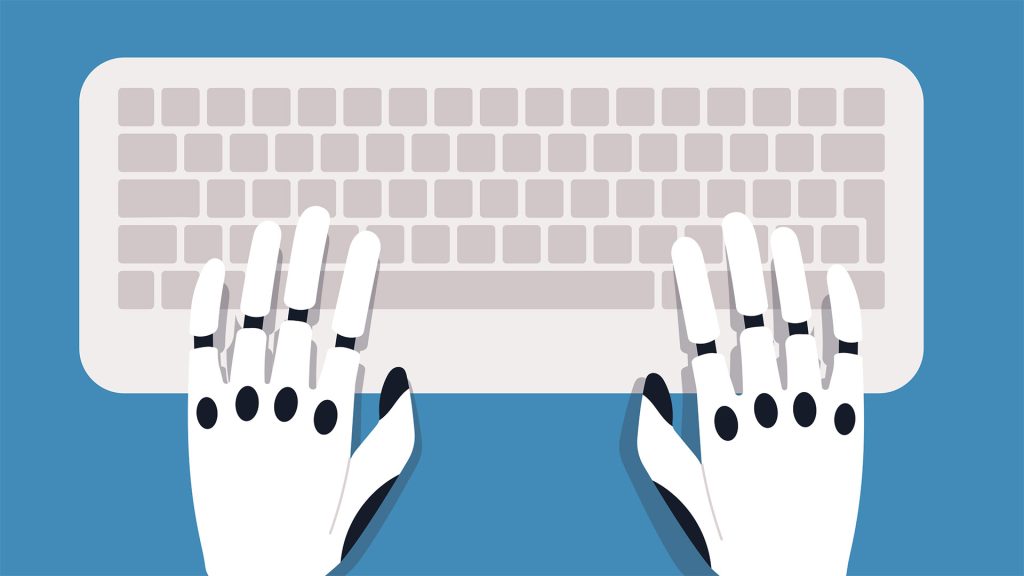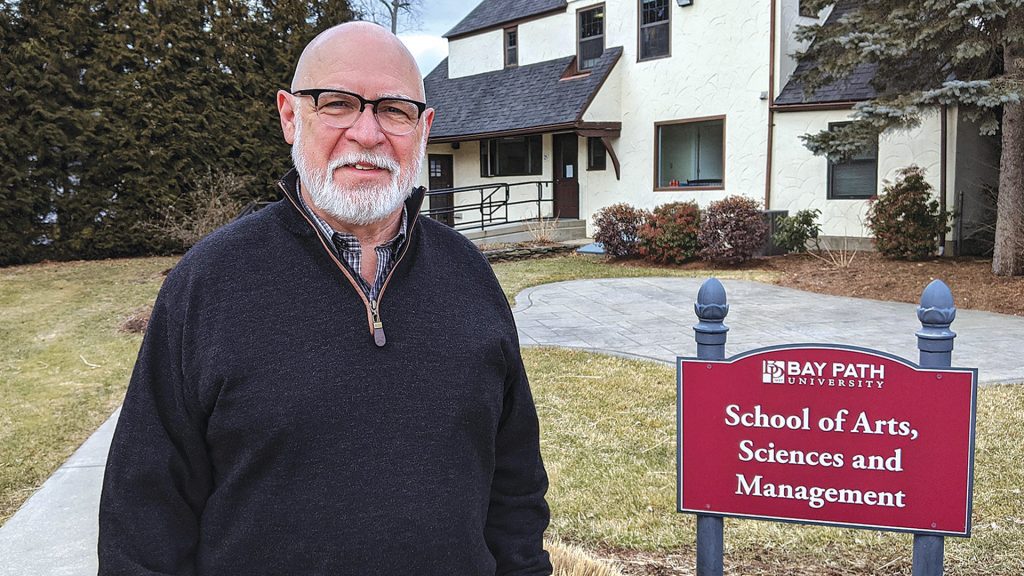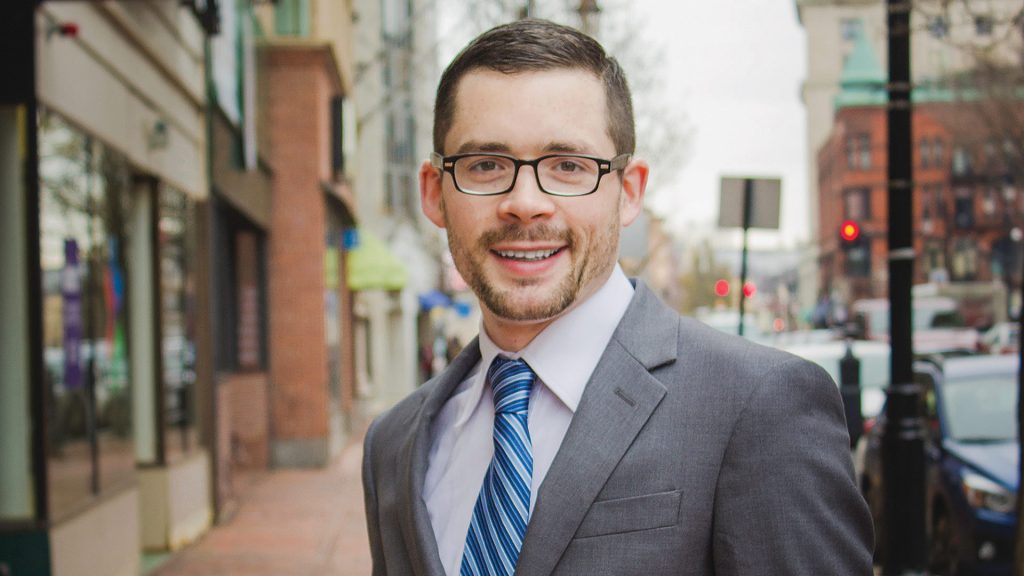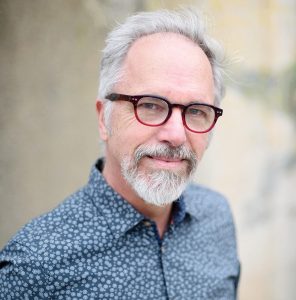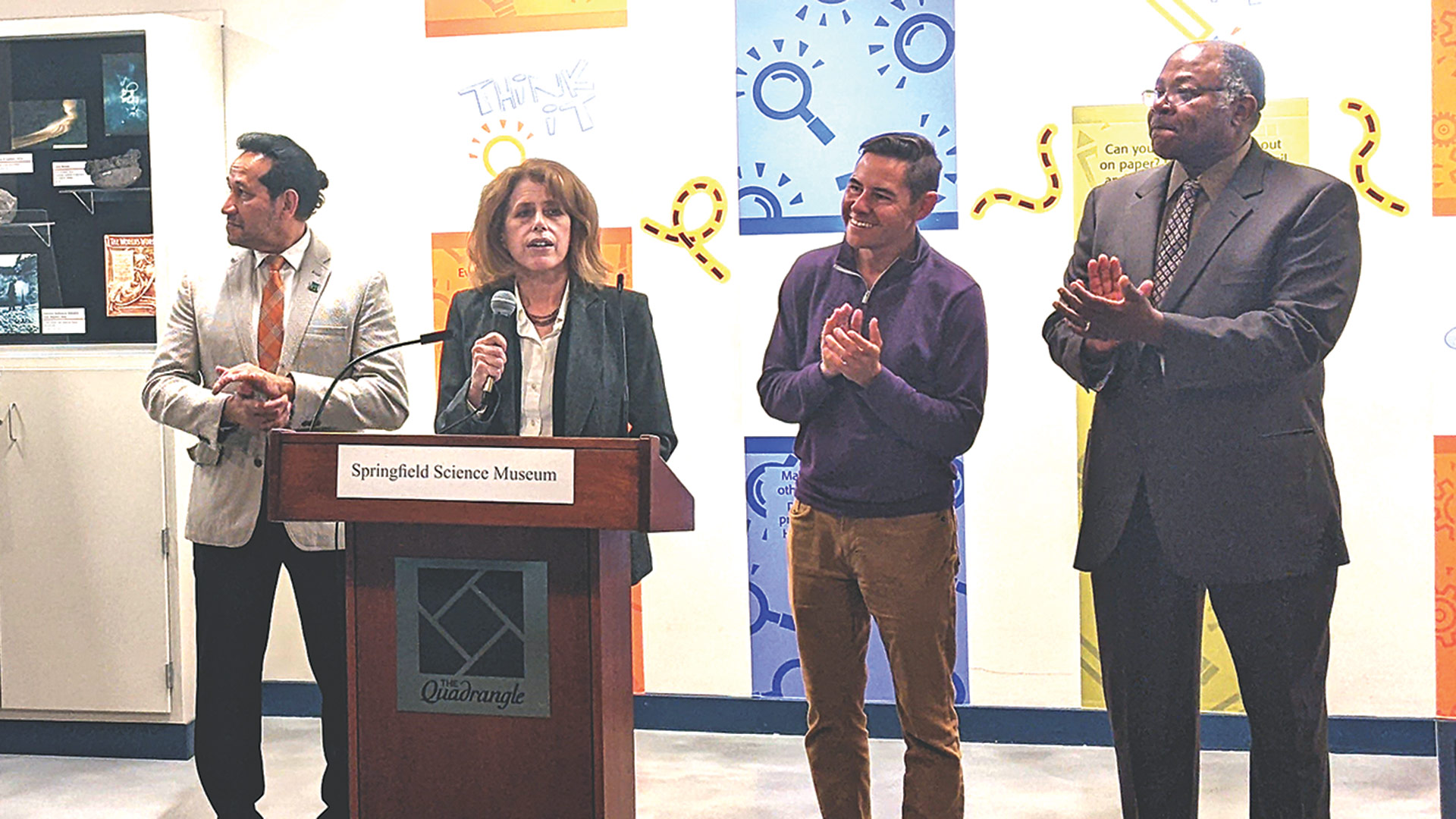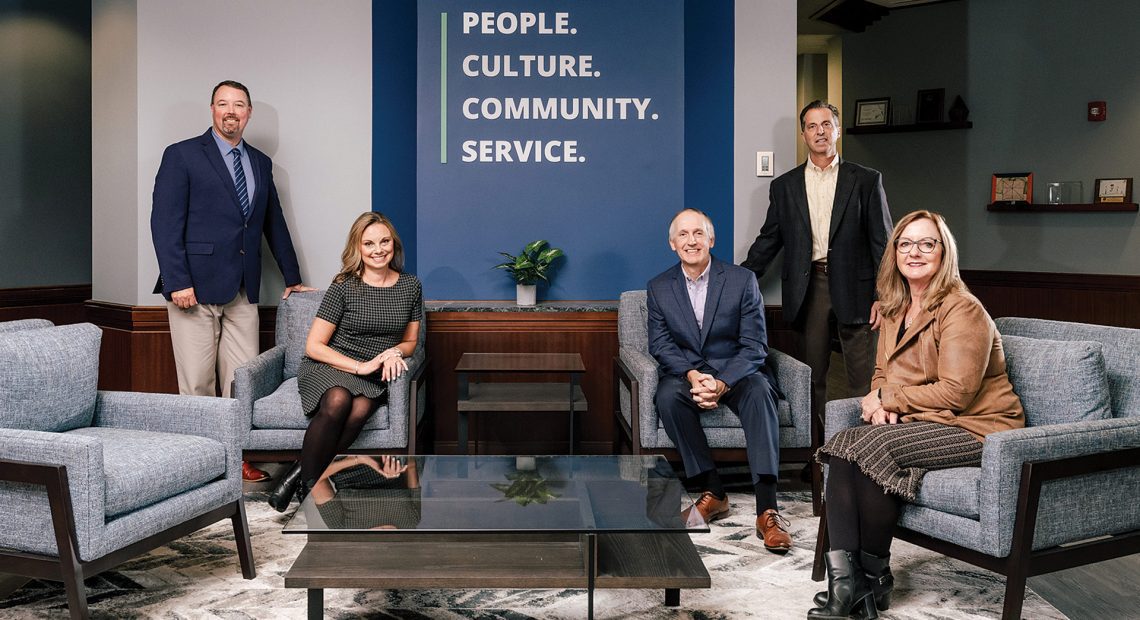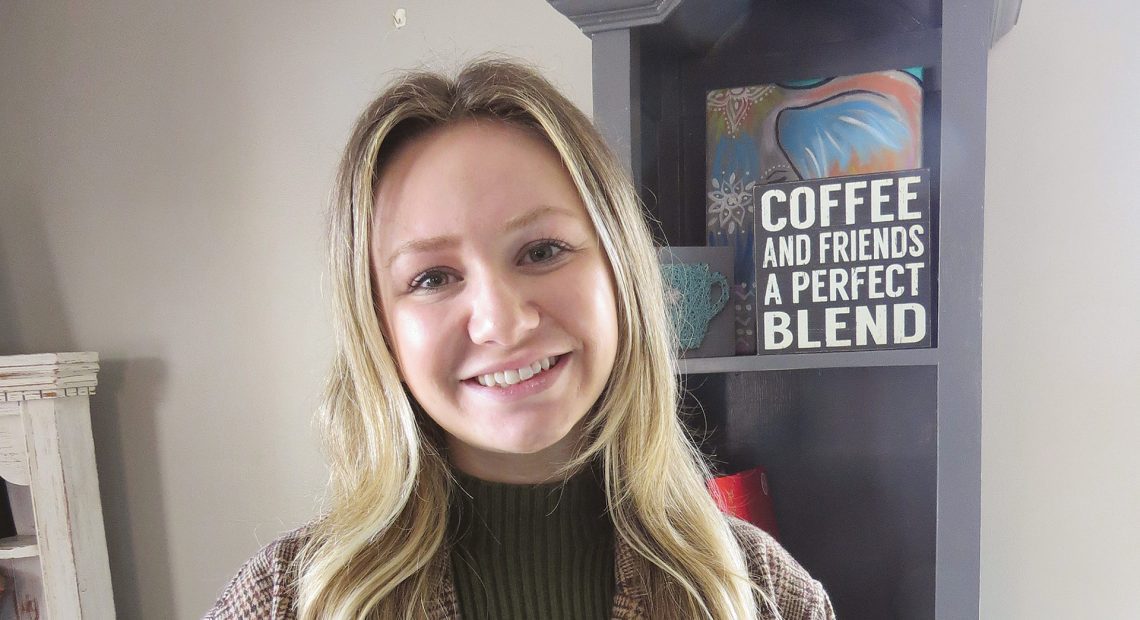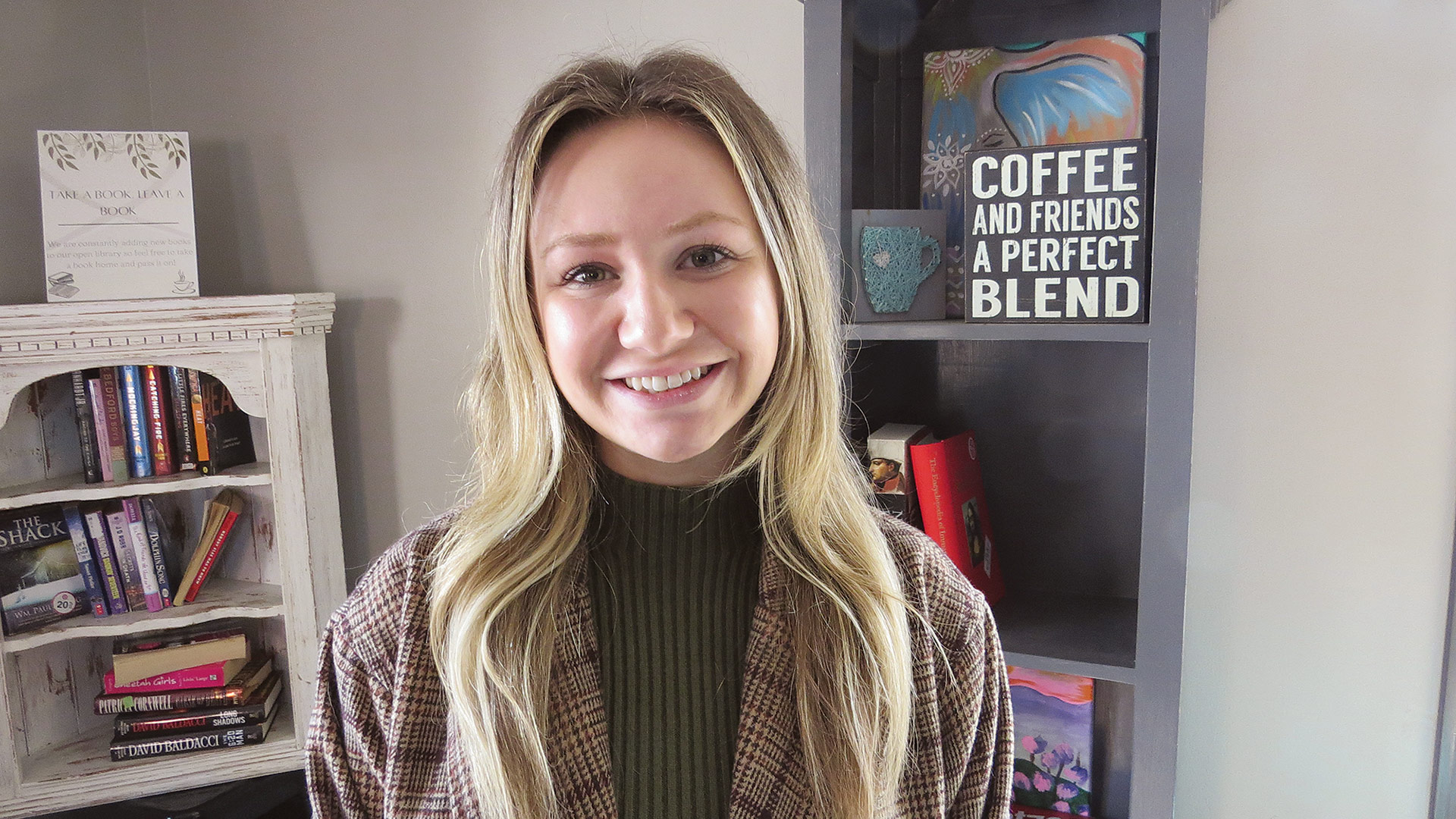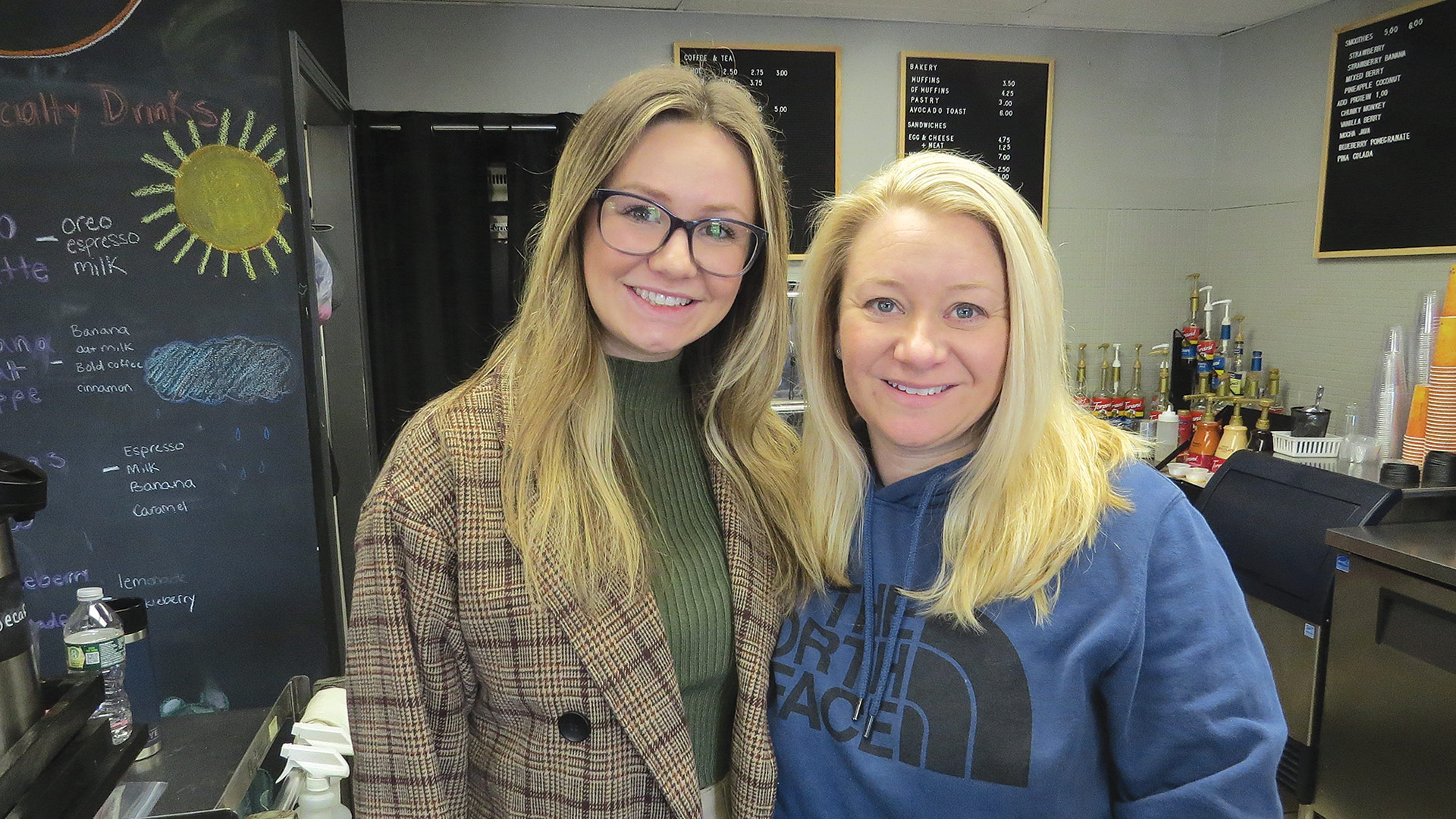Marking a Milestone
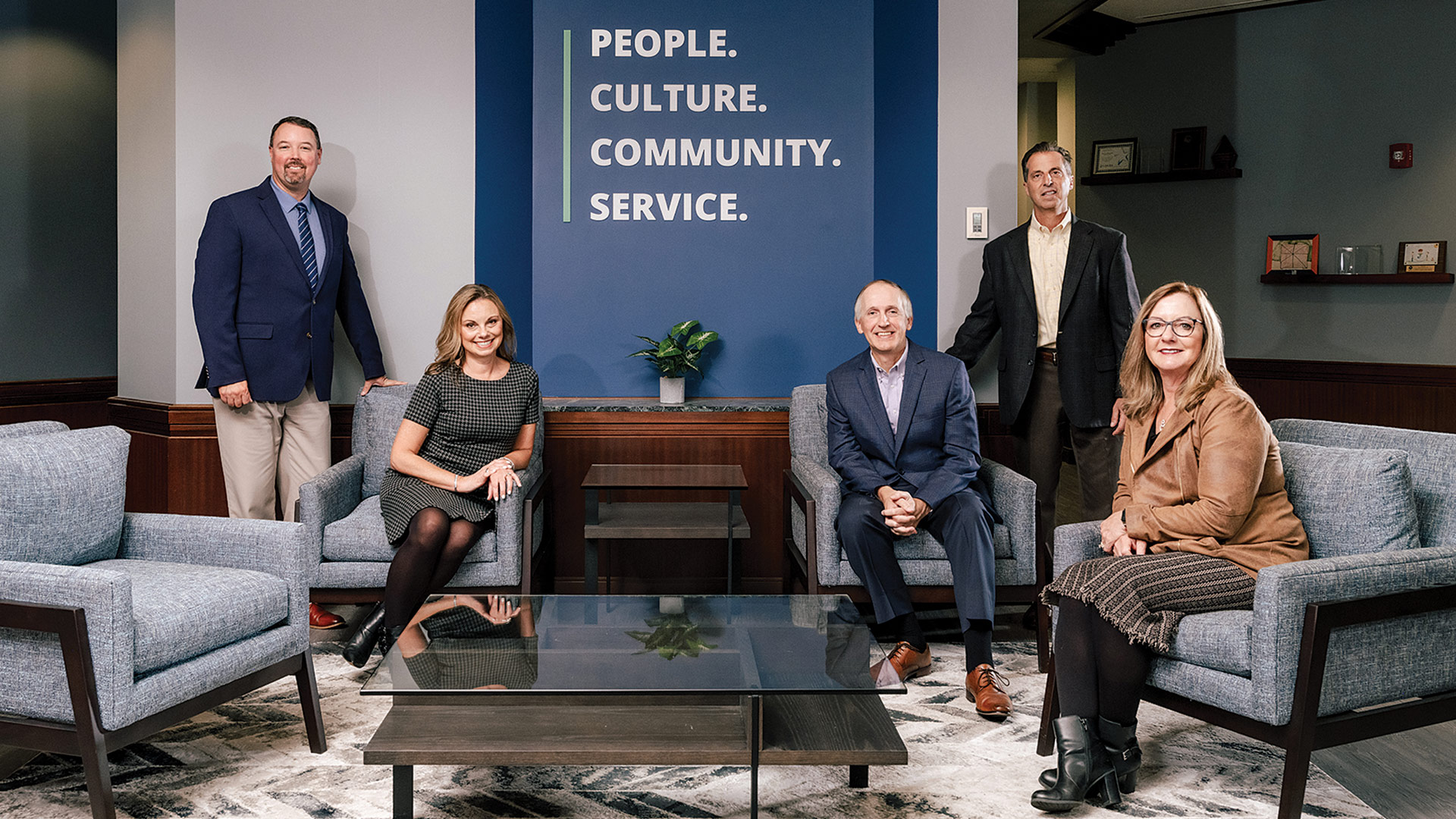
The five partners at Meyers Brothers Kalicka: from left, Jim Krupienski, Kristi Reale, Howard Cheney, Rudy D’Agostino, and Kristina Drzal Houghton.
It’s called the ‘Founders Room.’
This is a small conference room at Holyoke-based Meyers Brothers Kalicka featuring a table that can comfortably seat six or seven people, which makes it a popular spot for smaller meetings and an attractive alternative to the cavernous main conference room, which can host more than 40.
There are a few other gathering spots at this accounting firm, but this one is unique because it pays homage to those who were there at the beginning — and in the decades that followed — for both Meyers Brothers and Joseph Kalicka and Co., two accounting firms that started the same year, 1948, and came together in a consequential merger in 2004 that created the firm known to most by the letters MBK.
The Founders Room takes on a little more importance this year as the firm celebrates a milestone — its 75th anniversary. As it does so, it looks back at the important work of the three Meyers brothers who went into business together — Ben, Raymond, and Maurice (there’s a photo of them on the wall in the Founders Room) — and Joseph Kalicka, founder of the firm that took his name (there’s a photo of him with former Massachusetts Gov. Michael Dukakis).
But the present and the future are the dominant topics of conversation on this occasion, and there was much to discuss as we gathered thoughts from the five partners now setting a course for the firm — Howard Cheney, Rudy D’Agostino, Kristina Drzal Houghton, James Krupienski, and Kristi Reale — as well as David Kalicka, partner emeritus.
Collectively, they said the tenets put in place by the founders of both firms in 1948 — everything from a laser focus on customer service to a tradition of innovation and an emphasis on anticipating what the future might bring (and being ready for it) — are still serving MBK well as it copes with an onslaught of change coming from every direction.
“I’ve always felt that the strength of our firm is the people here. It’s a collaborative effort. People work really well together; we’ve got a lot of smart people who work hard. From the top down and the bottom up, everybody works as a team.”
This change involves everything from technology and how it is used to better serve both the company and its clients to creating a workplace that recognizes emerging needs and enables several generations of employees to work effectively — work that was in some ways impacted by, and accelerated by, the pandemic and the many ways in which it impacted the workplace.
For this issue and its focus on banking and financial services, BusinessWest talked with MBK’s partners about the past 75 years, but mostly about what will come next — for both the firm and the industry.
Addition by … Addition
It was in early 2003 that talks began about merging Meyers Brothers and Joseph Kalicka and Co., two firms that were in ‘friendly competition’ — a phrase heard early and often — for more than a half-century and had a lot of things in common.
Looking back on those days, Drzal Houghton, who joined Meyers Brothers in 1995, said that, while the firms were operating in many of the same spaces, or sectors of the business community, they had different niches. Also, Meyers Brothers had a benefits-consulting business as well as a wealth-management business. So a merger made sense on many levels.
“Both firms had a lot of clients in the medical field, but Meyers Brothers had a lot of clients in the nonprofit industry, so there was a lot of summer work,” she explained. “Whereas, Joseph Kalicka and Co. didn’t have as much summer work, so that was a good fit. Meanwhile, Joseph Kalicka and Co. had a lot of work in the construction and real-estate industries, so it was just clear that we would be stronger together.”
Kalicka agreed. “We decided that it had been 50 years since we’ve been competing against each other and we’d both do better if we merged,” he explained. “It’s worked great; it’s helped us to survive different challenges. We’ve been around for a long time and have been approached by several bigger firms to merge and have turned them down.”
D’Agostino, who joined the Kalicka firm in 1995, noted that there were several young partners with that firm at the time, a core of leadership that appealed to those at Meyers Brothers and made a merger even more attractive.
“The opportunity to make the firm stronger, work on some bigger accounts, and have a good nucleus of young partners — those were all driving forces in the merger,” he noted. “And the culture was very similar.”
The firm that emerged from that merger is now the largest accounting firm based in Western Mass., with more than 60 employees. And that size brings with it several advantages, said the partners, including the ability to attract young talent, a challenge that has only grown in size and scope in recent years as competition for talent grows and the need for young leaders to replace retiring Baby Boomers increases.
MBK serves individuals, privately held businesses, family and independent businesses, and not-for-profit organizations in Western Mass. and well beyond. Services include taxation, accounting, auditing, and business-advisory work. The client list is deep and diverse, and it reflects the many business sectors served and the niches the company has developed. That client list includes Peter Pan Bus Lines, the Springfield Thunderbirds, the construction firm Fontaine Bros., the nonprofit agencies Square One and Mental Health Assoc., and small to mid-sized businesses such as New England Dermatology and Tyler Equipment Corp.
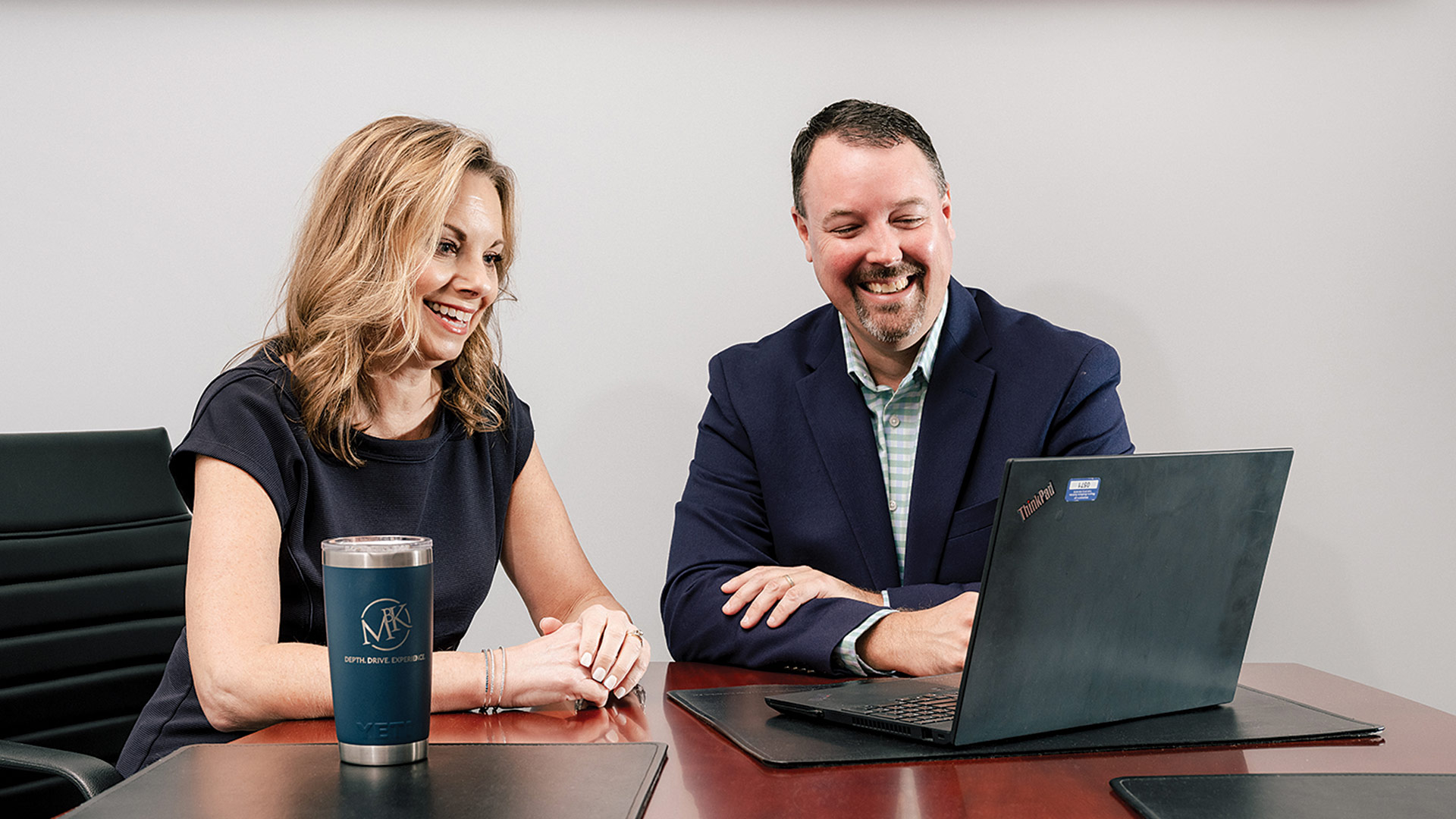
Partners Kristi Reale and Jim Krupienski, seen here in MBK’s Founders Room, say the firm has priorities for the future, but especially the need to develop the next generation of leadership.
As they talked about what makes MBK different, and successful, the partners used different words and phrases, but essentially said it comes to down to people — those at all levels of the organization.
“I’ve always felt that the strength of our firm is the people here,” Cheney said. “It’s a collaborative effort. People work really well together; we’ve got a lot of smart people who work hard. From the top down and the bottom up, everybody works as a team.”
Drzal Houghton agreed. “We believe here that it’s family first,” she said. “Our clients think of us as family, and I think it’s just that whole feeling … the clients feel it, the employees feel it. And it really makes us different — we care about every member of our team and every client, like family.”
As they look ahead, the partners again spoke with one voice as they talked about the priorities moving forward and what will be needed for this firm to thrive for another 75 years.
Remaining an independent firm at a time when mergers remain the order of the day and the partners field calls from private-equity firms about acquisition on a regular basis is an important goal — and also a major challenge, said those we spoke with.
“We’d like to remain independent; it’s a tough fight to stay independent, but it’s worth it because it benefits the clients,” D’Agostino said. “We make the decisions here, the philosophy that the client comes first — we can keep that. We all have to follow the same regulations, but we like to make sure we are doing things responsibly and really know our clients.”
Drzal Houghton agreed. “We definitely want to stay independent,” she said. “In the industry, there have been a lot of mergers; a lot of private equity is trying to buy firms, but we have worked very hard to be independent, and we want to give that opportunity to our rising stars.”
Crunching the Numbers
MBK’s partners told BusinessWest that, years ago, the firm’s leadership team would conduct an annual two-day retreat to discuss matters and set in place a strategic plan for the future.
Now, they stage four- to five-hour strategy sessions every six to seven weeks. The shorter, more frequent sessions are ultimately more productive — people are tired and less effective at the end of the second day of a retreat, they noted — and follow-up and accountability are more manageable. Meanwhile, change is coming at such a constant and profound rate that more frequent strategy meetings with shorter agendas are certainly necessary.
“We’re maintaining the momentum and holding ourselves more accountable,” said Krupienski, adding that items for discussion include everything from staffing to succession planning; from IT conversions to client services and client development.
Staffing is certainly a common agenda item, and there are layers to this issue, said those we spoke with, adding that these include everything from attracting and retaining talent to creating policies for remote work.
“We definitely want to stay independent. In the industry, there have been a lot of mergers; a lot of private equity is trying to buy firms, but we have worked very hard to be independent, and we want to give that opportunity to our rising stars.”
“A major issue with all businesses, and especially accounting firms, over the past few years has been staffing — staff costs, recruiting staff, and maintaining staff have all been significant concerns within this industry,” said D’Agostino, adding that there are some issues unique to the accounting sector, such as the compression of work during tax season and a reluctance on the part of many younger workers to “want to work the kinds of hours the previous generations have.”
“So we need to adapt to that,” he said, adding quickly that this is one of the many reasons why firms need to embrace technology — especially the technology that can handle some of the more mundane accounting tasks and thus enable professionals in the industry to focus more on consulting and advising clients.
“A lot of the bigger firms are embracing artificial intelligence,” said Reale. “We’re not there yet, but we should look at it and determine if there is anything that AI can help us with.”
Elaborating, she said that, while there is concern in some sectors about AI and its potential for eliminating jobs by doing work that humans can do (see related story on page 32), forward-looking accounting firms need to focus on its potential to create efficiencies and free up professionals to serve clients in different ways.
“AI is not going to be able to have meaningful discussions with a client and help grow its business,” she explained, adding that, increasingly, clients are looking for such consulting services — everything from contracts to mergers and acquisitions — from their accounting firm.
To provide these services effectively, firms need a pipeline of talent, said the partners we spoke with, adding that maintaining such a pipeline has become more difficult in recent years, and for a number of reasons, some of them amplified by the pandemic.
Indeed, Krupienski noted that, years ago, local and regional firms might have had a leg up when it came to the graduates of local colleges and their accounting programs, but now, those same individuals are fielding offers from firms on the other side of the country offering remote work opportunities at wages higher than those traditionally offered in Western Mass.
And that’s one of many challenges this firm and others in the region face as they try to recruit and maintain talent, said D’Agostino, adding that the firm generally likes to hire people with three to five years of experience, but there are simply fewer people with that background available to hire in this market.
Thus, the firm is hiring more individuals out of college, training them, and hoping to hang on to them when they have that three to five years of experience.
Then and Now
As they talked about what’s changed in the industry and for this firm, and what hasn’t, the partners we spoke with started with the later.
And Krupienski offered the obligatory “death and taxes.”
That was his way of saying that many of the services — basic and complex — have remained the same over the past 75 years. How they are provided, and sometimes when … well, that’s a different story.
This firm has been essentially paperless for years, said Reale, noting also that the phone has been replaced by email, which has, to a large degree, been replaced by the text, which can come at all hours of the day or night. And, for the most part, it needs to be answered soon after it’s received.
The midnight or 5 a.m. text comprises just one of the many changes that have taken place within the industry, said the partners, adding that many significant changes have also come in the workplace.
Elaborating, they said the younger generations now dominating workplaces like MBK have different needs and priorities than those that preceded them, and firms that want to be successful must acknowledge this and respond accordingly.
And flexible schedules are just part of the equation, said D’Agostino, adding that these generations place a premium on work-life balance and how to achieve that balance.
As an example, he recalled a few younger team members departing at 5:15 p.m. during the height of tax season to go to spinning class, something those in his generation wouldn’t think about doing.
But beyond a need to go to the gym when they need to go the gym, these generations want different things from their work, and they want them more quickly than previous generations, he went on.
“They want diversity in their work situation,” D’Agostino said. “They don’t want to just do a tax return; they want to do consulting work, they want to do something above and beyond that, they want to do things that are interesting to them, and they want challenges.
“In order for this firm to continue to survive, we have to be flexible and accommodate the next generation,” he went on. “That’s what every firm is dealing with; I’m resistant to change, but things have to change, because this is the next generation of leadership here, and this is how they operate.”
Meanwhile, another change that has taken place at MBK is a greater focus on giving back to the community and getting involved with its many nonprofits and causes, said Reale, who couldn’t speak to how things were 75 years ago, but can point to a dramatic change over the 23 years she has been with the firm.
“Twenty years ago, we would do one or two charity days,” she recalled. “And now, every other Friday, there’s a specific dress-down for charity, and some of our team members pick a special organization each month, and we do something for the community each month, whether it’s a service, or stuff the bus, or bringing in toys for the holidays, or providing needed items for the homeless … as a firm, we’re much more involved.”
As an example, she cited work involving an employee who was born in Ukraine and whose family was still in that country when the war with Russia started.
“When that war began, they needed certain things,” she recalled, adding that a local church put out a call for items, and the firm answered that call. Indeed, clothing and other items were donated by employees and clients alike over several days during tax season.
“You couldn’t walk in our lobby; they took three truckloads of items to that church,” she went on. “And that really hit home because it affected one of our team members.”
This heightened involvement in the community is important to the younger team members at MBK, said D’Agostino, and it’s one of the many cultural traits that will aid efforts to recruit and retain talent.
“They want to feel that the firm is behind certain community activities and certain charities because that’s important to them beyond the work environment,” he said. “Usually, it’s one of the staff people that takes the lead on these initiatives, and they really do enjoy it.”
Bottom Line
The photos along the walls in the Founders Room generally speak to another time. Indeed, most of those in the pictures have passed away, and the black-and-white images are stark reminders of just how much technology has advanced and the world has changed.
Still, the partners we spoke with said that, when it comes to the business of accounting and auditing, what truly matters most hasn’t changed since 1948, and it won’t change. This would be the matter of working closely with clients to handle their needs and help them set a course for success. And the ability to do this, as stated earlier, comes down to having people who care.
This has always been the main ingredient in the success formula, and as MBK looks forward to the next 75 years, it isn’t about to change that recipe.




